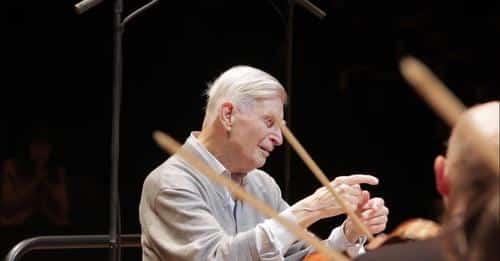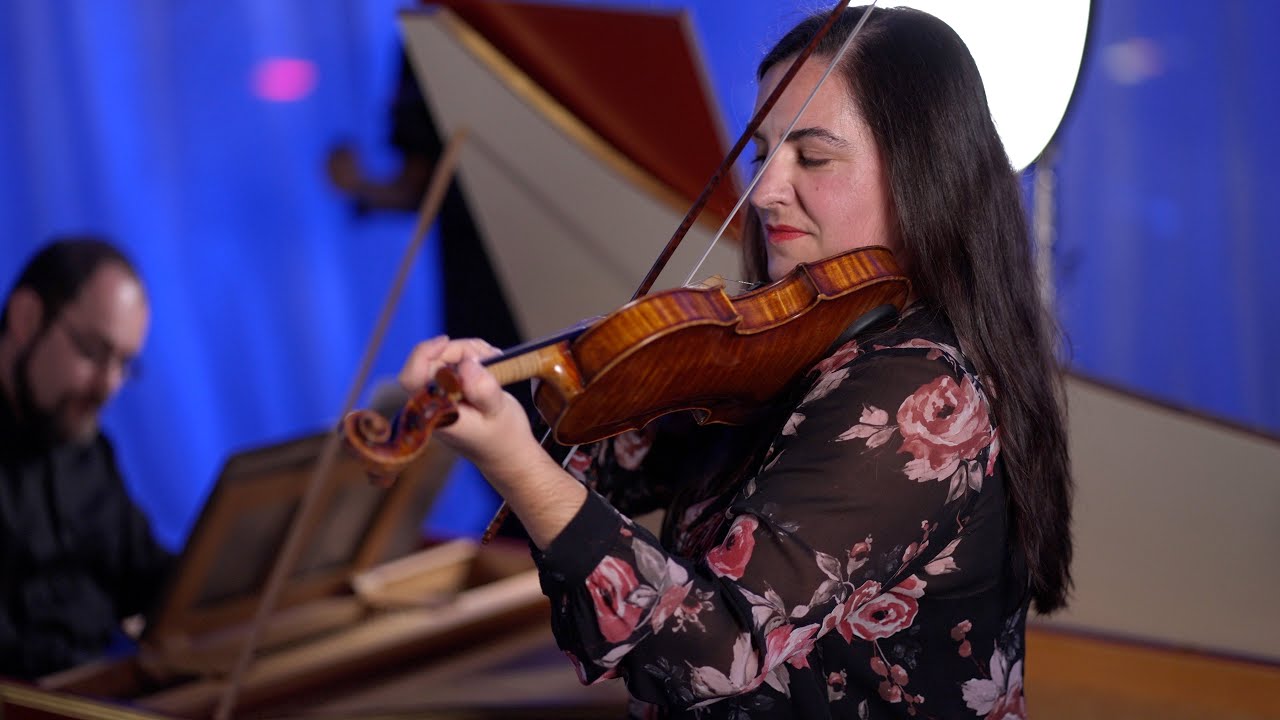Richter, the Politburo and the KGB poisoners: another chilling extract
mainFrom the Gavrilov memoirs:
In 1981 Richter often lost his temper. It was the year when much that was inside of him died, when his feelings turned into habits. He was more conscious than ever of the agonizing sense of his own powerlessness before the Soviet machine, whose hostage he had become once he was the cultural symbol of the USSR, a Hero of Socialist Labour and owner of an exclusive apartment with a studio for his work, built by special order of the Politburo.
He was more conscious now, even, of this powerlessness than he had been in Stalin’s time, when he was fighting and winning back the right to life. Now, having attained the highest position in the cultural hierarchy of the USSR, he felt imprisoned in a golden cage where there was no potential to develop his still-powerful nature. He had driven himself into the “dead end of the fulfilment of material desires”. It was from this time that he started to die as a personality, as a musician and as a man.
I felt like an Untermensch who had been buried alive. I had a travel ban for life on the basis of a decision made by the government in 1979. By 1981 I had taken on the features of a political enemy, subject to annihilation. Slava knew what a threat his friendship with me could be. Someone who simply had a travel ban could just about still be a friend; but it was unbearable to spend time near a political dissident, which was what I had been transformed into by Andropov’s punitive machine. Richter tried to stir up the situation by throwing one last stone into the water – he took a personal risk and agreed with East German Gosconcert on a string of joint concerts in various cities across the GDR that had some connection with Handel or Bach. It was a well-thought out step. The GDR was loyal to the USSR. Gosconcert in the GDR was headed by a certain Frau Gonda, and was the central point of informers and spies of Moscow. Even so, the leaders of the communist USSR took a long time to reply.
The time was drawing near for the tour “organised by Richter”. There was about one week left before the first concert, and I was rather dispiritedly practising. I really didn’t want to perform, even if a positive ruling was made about my leaving the country. Richter was in West Germany at the time, storming away as best he could. He was using his own private channels. This was Slava’s last stand. Nobody took the slightest notice of him. Then Nina Dorliak joined in the process. She set off for the only address that would work – to see Comrade Suslov. Going to Andropov or Brezhnev was pointless, as it was they who were my persecutors. It really did make sense to approach an influential communist ideologist who might be able to convince his comrades of the total safety of the undertaking and the usefulness of calming down “our comrade” Richter. Nina came back from Suslov with an answer in the affirmative. She let out a deep sigh as she lowered herself onto the chair in the entrance hall, and announced to me in a categorical tone, “I told Slavochka that this is absolutely the last time!”
She made it blatantly clear to Slava that if he started to grumble she would immediately pack her bags and leave for her relatives in St Petersburg. Nina did not like to make jokes. Richter understood that without her he would turn into a derelict tramp. Dorliak wielded total power over Slava, and she held the reins in controlling his life. She was in charge of everything: his travel plans, his tours, his well-being and health. Without Dorliak, Richter turned into the little boy Slava who was granted a Moscow resident permit some time in the distant past.
Over the many years of living with his iron lady, Richter had attempted on several occasions to stand up for something of his own that did not match the line taken by his unsentimental common-law wife. Every time, however, he had capitulated unreservedly. Richter recognised that all the material well-being he had was due to the tireless efforts and immense political talents of his partner. Any argument with Dorliak would have taken from him the main thing for which all these dreadful sacrifices were made – the possibility of making music without being distracted or worried by the need to earn a daily crust. Dorliak defended Richter from external irritants, much like the concrete sarcophagus over Chernobyl. That was the whole meaning of their alliance. Wrecking that would have meant self-destruction for Richter. But living in her vice-like grip was a torment from Hades for the unhappy Mephisto. It was the classic situation of an artist who had established the ideal conditions for his creative work, but had lost himself.
After the positive ruling from “the comrades at the Politburo and personally, Mikhail Suslov”, I was bundled onto a plane with my minder and his bottle-glass spectacles; his bleached eyes fixedly followed my every movement. He appeared bleached all over, somewhat crumpled and mucky. We arrived in Halle, where Handel was born, Luther was baptised and where, for some reason, an old bronze statue stands outside the church where Handel was christened with the inscription “From the Grateful English.” We spent the night in the hotel. The following day Richter was due to arrive, having finished his tour in Western Europe and travelling, as always, by car. I went down to the hotel foyer at the appointed hour, with my minder following along behind in his crumpled, dirty suit, his bottle-glass specs and his ugly moonish face. The door banged open and Slava walked in – large, loud and lively (he was different in public in the Soviet Union). He was dressed in his favourite uniform – a dark blue blazer with gold buttons and grey trousers. We embraced under the wary gaze of my freak and several of his GDR clones, including Frau Gonda, who was accompanying the Maestro. Slava grew uneasy, and, while still playing the role of hail-fellow-well-met, he threw a glance at the photograph on the poster for the hotel sauna which showed a blonde German girl of quite voluptuous proportions lolling ecstatically in the bath, and asked in German, “Goodness, are we still in the FRG?” The GDR minders responded with putrid, servile laughs. I understood Slava’s hidden meaning – Richter found the whole situation pathetic and vile, and was resorting to giving vent to political sarcasm. It was unheard of! It must be remembered that one of the principal features of Maestro Richter’s official image was his generally recognised apoliticism, like a Holy Fool. He pretended that he did not know what the Central Committee of the Communist Party was, or the Politburo or KGB, and that he had no concept of the difference between East and West. His joke about the naked German lass on the picture was a manifestation of the secret rage that he was unable, or no longer wished, to conceal.
This concert tour of ours was sad and ridiculous. We both knew that it was our last. Our heated discussions about art, history, literature, sex and God knows what else were mere subterfuges intended to distract us from the subject that was really troubling us. We did not want to talk about the end of Slava’s life on the big circuit. We did not want to talk about my position. Slava held himself together better than I did, concentrating on the concerts and studying documents and artifacts from the time of Bach and Handel. I was only occasionally distracted from my lugubrious thoughts, often smiling for no reason or shaking my head inopportunely. The vile snoop left us alone only if Richter slammed the door in his face. We secluded ourselves in Slava’s room so that we could have at least a small chat without the all-seeing bleached eye and all-hearing ear of our Soviet Big Brother.






Comments